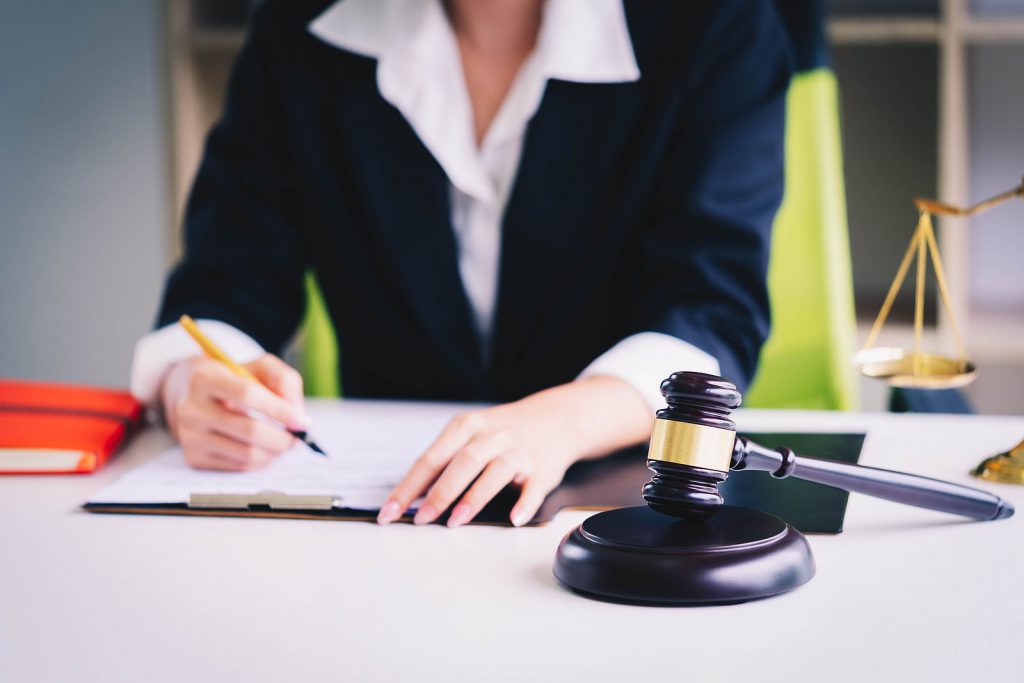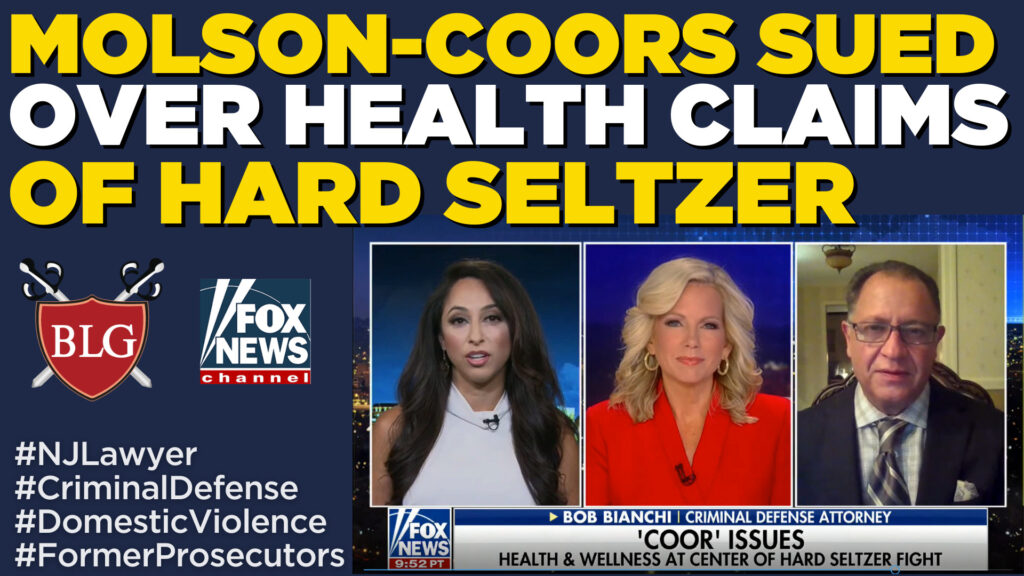On April 4, 2024, the Superior Court of New Jersey, Appellate Division, decided the consolidated cases of State of New Jersey v. Wongyu Jang and State of New Jersey v. Sasha Quashie, 478 N.J. Super. 252 (App. Div. 2024), in which the Appellate Division reversed the convictions of both defendants for driving while intoxicated (DWI) and related charges. The Appellate Division found the Law Division had failed to conduct hearings in these Municipal Court Appeals as required under New Jersey’s Rules of Court, and remanded the cases to the Law Division for a trial de novo.
Facts and Procedural History of the Municipal Court Appeals
The case arose from the separate DWI convictions of defendants Wongyu Jang and Sasha Quashie in Municipal Court. Both defendants appealed their convictions to the Law Division, which reviewed the cases without conducting the required hearings or offering the defendants an opportunity to submit briefs. Despite objections from the defendants’ counsel, the Law Division denied both appeals based solely on the municipal court records and body camera footage. The defendants argued that this process deprived them of their right to due process in their Municipal Court Appeals.
The Legal Issue in the Municipal Court Appeals
Wongyu Jang was convicted and sentenced in Municipal Court on charges of DWI, refusal to submit to a breath test, and careless driving. Jang filed a notice of appeal to the Law Division. The Law Division court issued an order denying the appeal, based solely on its review of the municipal court transcripts and the police body camera video. The court did not schedule or conduct a hearing and did not offer Jang the opportunity to submit a brief in support of the appeal. Following further motions and the denial of a stay of his conviction, the case proceeded to the Appellate Division.
Quashie’s Case and the Municipal Court Appeals Process
Sasha Quashie was convicted of DWI, careless driving, and failure to maintain lamps (taillights). The Law Division denied Quashie’s appeal case without a hearing, again relying solely on the municipal court record. When offered a hearing post-decision, Quashie’s counsel refused, arguing that the court had already ruled without their participation, which violated her rights in the Municipal Court Appeals process.
Key Issues on Appeal
The key legal issue was whether the Law Division violated the defendants’ constitutional rights by deciding their appeals without scheduling hearings or allowing for briefs and oral arguments. The Appellate Division reviewed the procedural rules governing Municipal Court Appeals, which require that the Law Division hold a de novo hearing—essentially a retrial of the facts and legal issues—rather than a simple review of the lower court’s decision. In both cases, the court failed to follow these requirements.
Appellate Division’s Holding on Municipal Court Appeals
The Appellate Division held that the Law Division’s failure to schedule hearings, provide notice, or allow for argument deprived the defendants of due process. The court underscored that it is the responsibility of the Law Division to automatically schedule hearings on Municipal Court Appeals, as required by New Jersey Court Rules 3:23-4(b) and 3:23-8. The Appellate Division rejected the Law Division’s contention that it was the defense’s responsibility to request hearings or briefs. The Appellate Division also emphasized that a meaningful trial de novo must be conducted by a judge who has not yet decided the case, making it inappropriate for the Law Division to offer a post-decision hearing.
Conclusion: Key Takeaways from the Municipal Court Appeals Decision
In conclusion, the Appellate Division reversed the DWI convictions and remanded the cases to the Law Division for proper hearings and proceedings in accordance with New Jersey’s Rules of Court. The Appellate Division’s ruling establishes a clear precedent that trial courts must strictly adhere to procedural rules in Municipal Court Appeals to ensure defendants’ due process rights are protected. The key takeaway from this decision is the reaffirmation of defendants’ right to a fair de novo appeal process, including proper hearings and opportunities for argument, which cannot be waived by the court’s discretion.
Criminal law is complicated and constantly changing. If you are facing criminal charges, you should immediately contact our team of experienced former prosecutors to schedule a free case review with one of our expert criminal defense attorneys. A complete understanding of criminal law by your attorney is crucial to your defense. Your rights and freedoms are in jeopardy, and you owe it to yourself to act. We are available to provide immediate assistance and further counsel on your case at 862-315-7929.
No aspect of this attorney advertisement has been approved by the Supreme Court of New Jersey.











